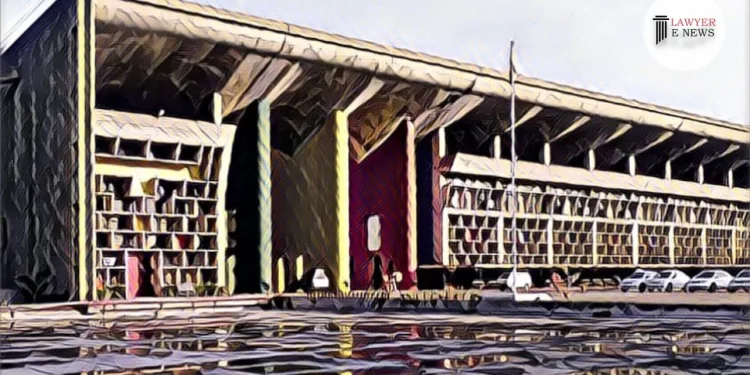High Court Upholds Religious Institution’s Right to Self-Management: Management Cannot Be Deprived by Appointing Receiver Without Basis

In a recent decision, the Punjab and Haryana High Court, presided over by Hon’ble Mr. Justice Gurbir Singh, set a significant precedent regarding the management rights of religious institutions. The judgment centered on the dispute over the control of Dera Baba Jawahar Dass Ji, a well-known Sikh religious establishment in Village Soos, District Hoshiarpur.
Justice Singh, in his comprehensive ruling, emphasized that “management from the plaintiffs can only be taken back in accordance with law and not forcibly, and the same cannot be given to the Receiver without any basis.” This assertion underlines the court’s stance on preserving the sanctity and autonomy of religious institutions in managing their affairs.
The case revolved around a Charitable Trust formed to manage the Dera after the Gram Panchayat of Village Soos handed over its management. The defendants contested this move, leading to a legal battle that questioned the Trust’s legitimacy and the Gram Panchayat’s authority.
The High Court’s decision overturned the lower courts’ appointment of a Receiver-cum-Administrator, reinstating the plaintiffs’ management rights. “The appointment of Receiver is one of the extreme measures which the Court normally takes with a view to protect the property being squandered,” Justice Singh stated, highlighting the careful considerations necessary in such appointments.
The ruling has been hailed as a significant step in protecting the rights of religious institutions to self-governance. The court also emphasized the necessity for religious institutions managed by Trusts to maintain regular financial records, ensuring transparency and accountability.
Legal experts view this judgment as a reinforcement of religious institutions’ autonomy, setting a benchmark for future cases involving the management of religious properties. The case was represented by Mr. Amit Jhanji, Senior Advocate with Ms. Priyanka Kansal, Advocate for the petitioners, and Ms. Divya Jerath, Advocate for Mr. Navjot Singh, Advocate for the respondents.
This judgment is expected to have far-reaching implications, particularly in cases where the management rights of religious institutions are contested. The High Court’s decision is a reminder of the legal system’s role in upholding the principles of justice and fairness in the management of religious entities.
Date of Decision: 15 November 2023
Gurudwara Gurdarshan Parkash and another VS Rashpal Singh and others






